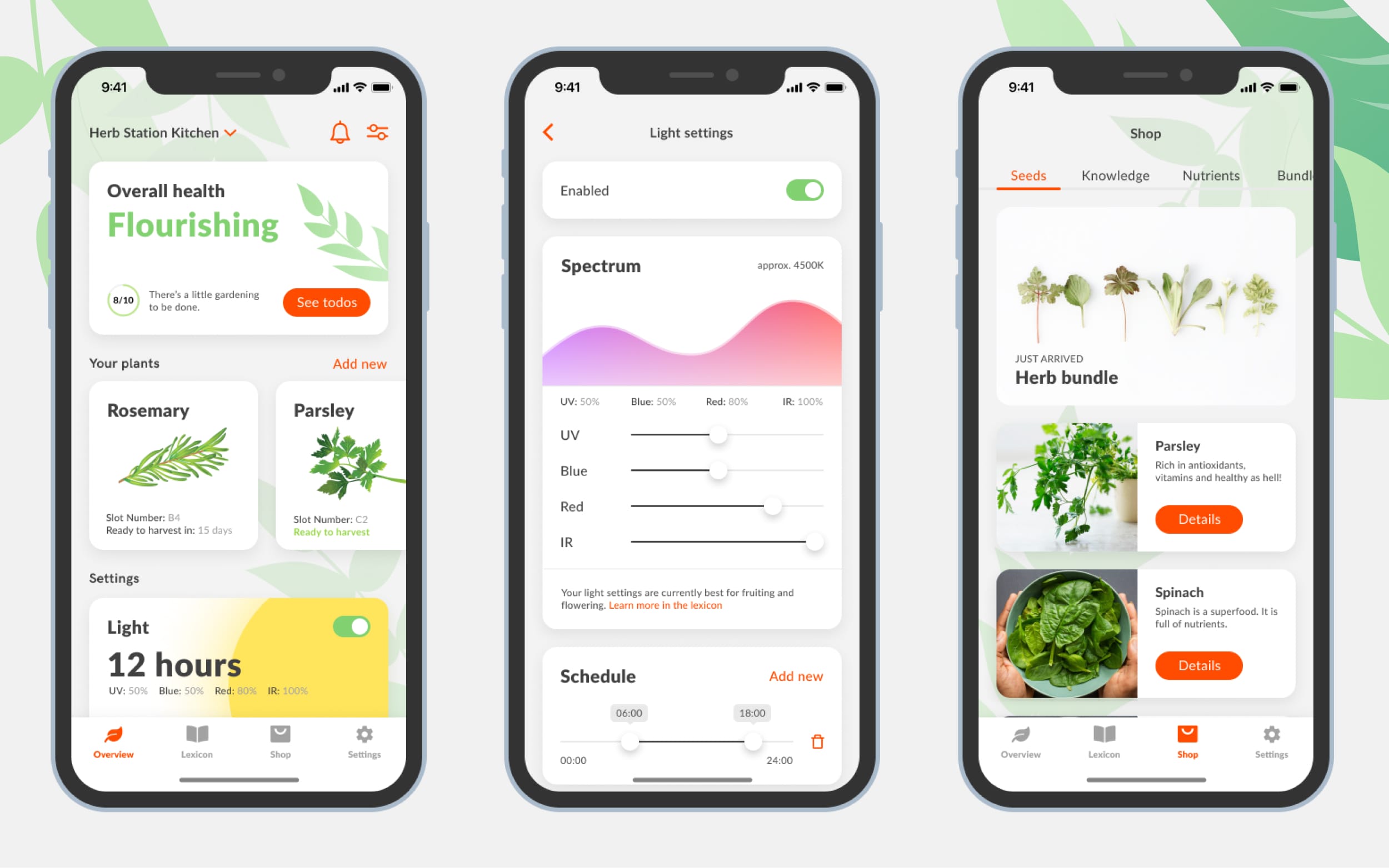Certainly, here’s a long article about App Plant in English, replacing “ with `
` or `
`:
App Plant is a comprehensive suite of tools designed to streamline the mobile app development process. It offers a range of features, from prototyping and design to testing and deployment, all within a single, user-friendly platform. This article will provide a comprehensive overview of App Plant, exploring its key features, benefits, and how it can empower developers and businesses to build high-quality mobile applications more efficiently.

In today’s rapidly evolving digital landscape, mobile applications have become indispensable for businesses and individuals alike. However, the process of developing a successful mobile app can be complex and time-consuming, involving various stages such as design, development, testing, and deployment. App Plant aims to simplify this process by providing a unified platform that integrates all these stages, enabling developers to work more efficiently and effectively.
App Plant offers a wide array of features to cater to the diverse needs of mobile app developers. Some of the key features include:
2.1. Prototyping and Design
Wireframing and Mockup Creation: App Plant provides intuitive tools for creating interactive wireframes and high-fidelity mockups, allowing developers to visualize the user interface (UI) and user experience (UX) of their app before writing a single line of code.
2.2. Development
Cross-Platform Development: App Plant supports the development of cross-platform applications, allowing developers to build apps that can run on both iOS and Android devices using a single codebase.
2.3. Testing
Automated Testing: App Plant includes tools for automated testing, allowing developers to quickly identify and fix bugs before releasing the app to the public.
2.4. Deployment
App Store and Play Store Distribution: App Plant simplifies the process of submitting apps to the App Store and Google Play Store, ensuring compliance with all relevant guidelines and regulations.
Using App Plant offers several significant benefits for developers and businesses:
Increased Efficiency: By streamlining the development process and automating many tasks, App Plant helps developers work more efficiently and reduce time-to-market.
App Plant operates on a cloud-based platform, making it accessible from anywhere with an internet connection. Developers can start by creating a new project and then utilize the various tools and features offered by the platform to design, develop, test, and deploy their app. The platform integrates seamlessly with various third-party tools and services, providing a flexible and customizable environment for app development.
App Plant can be used by a wide range of individuals and organizations, including:
Individual Developers: App Plant provides a comprehensive and affordable solution for independent developers to build and launch their own mobile apps.
App Plant offers a variety of pricing plans to suit different budgets and needs. These plans typically include features such as project storage, user licenses, access to different tools and services, and customer support. Some vendors may also offer free trials or freemium plans to allow users to experience the platform before committing to a paid subscription.
App Plant is a powerful and versatile platform that can significantly streamline the mobile app development process. By providing a comprehensive set of tools and features within a unified environment, App Plant empowers developers and businesses to build high-quality, user-centric mobile applications more efficiently and effectively. Whether you are an individual developer, a small startup, or a large enterprise, App Plant offers a valuable solution for your mobile app development needs.
The mobile app landscape is constantly evolving, with new technologies and trends emerging regularly. App Plant is likely to continue to evolve and adapt to these changes, incorporating new features and functionalities to meet the evolving needs of its users. Some potential future developments